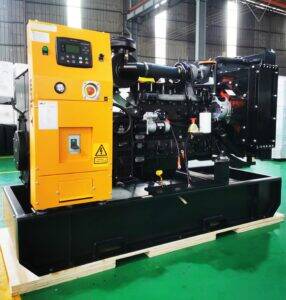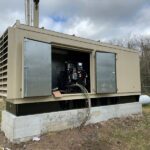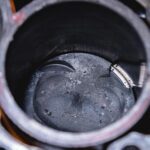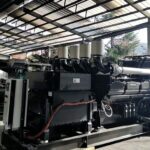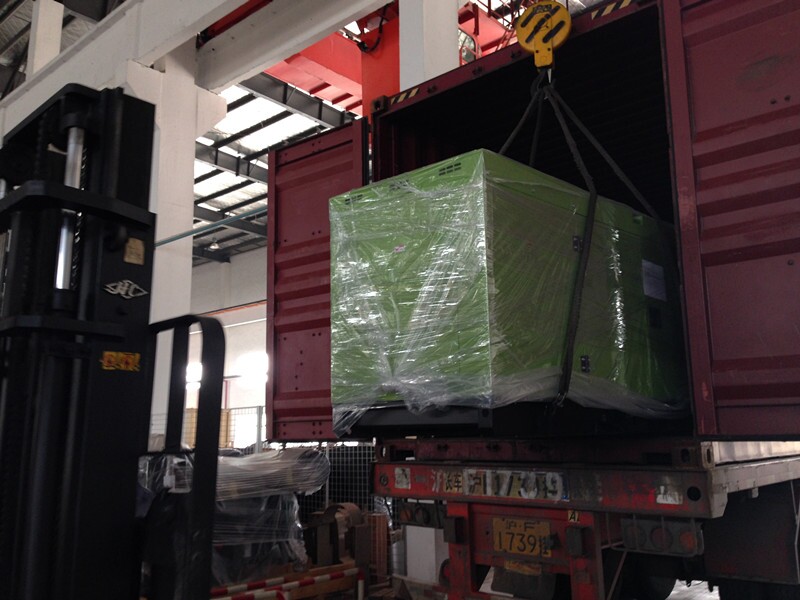
Many people regret buying a generator without research. It leads to wasted money, noise complaints, or worse—power failures when needed most.
You should understand your power needs, fuel types, load capacity, noise level, safety features, and maintenance requirements before buying a generator.
Many buyers don’t realize how much their decisions depend on the application, environment, and expected load. I’ve spent years helping clients avoid costly mistakes. Let me walk you through what really matters.
What Power Output Do You Actually Need?
You’ll regret buying too little power when your systems fail during a blackout. Buying too much wastes fuel and money.
You need to calculate the total running and starting wattage of all equipment the generator will support. This tells you the generator size you really need.
How To Calculate Your Power Needs
Start with a list. Write down everything the generator needs to run. That includes lights, air conditioners, pumps, or servers.
| Equipment | Running Wattage | Starting Wattage |
|---|---|---|
| Air Conditioner | 1,500 W | 2,000 W |
| Water Pump | 800 W | 1,200 W |
| Lights (10 LED) | 100 W | 100 W |
| Server Rack | 2,000 W | 2,500 W |
Add all running wattages. Then, identify the highest starting wattage. Your generator must handle the total running watts plus the highest starting wattage.
Oversizing slightly is smart. It protects the generator from overload and gives you room for future needs.
Which Fuel Type Works Best For Your Situation?
Some fuels cost more. Others aren’t even available in remote areas. The wrong choice locks you into unnecessary hassle.
You should choose a generator fuel type based on availability, cost, storage, and application—diesel is often best for durability and long-term use.
Diesel, Gasoline, Natural Gas, Or Dual-Fuel?
Diesel is widely used for industrial and commercial generators. It stores safely and burns efficiently. Diesel engines also last longer and require less maintenance. That’s why most of our customers prefer diesel for their critical operations.
Gasoline generators are lighter and cheaper. But they are not built for long hours or heavy loads. The fuel also degrades quickly and is highly flammable.
Natural gas generators are cleaner and can run nonstop when connected to pipelines. But in some places, gas lines aren’t reliable, especially during disasters.
Dual-fuel units offer flexibility but come at a higher price and complexity.
If you want reliability and lower long-term costs, diesel is the safest bet.
How Important Is Noise Level For Your Environment?
Noisy generators can bring complaints or disturb your sleep. In some cases, they even violate local noise rules.
Generators have different noise levels. Silent or enclosed types are best for residential, office, or hospital use. Always check decibel ratings.
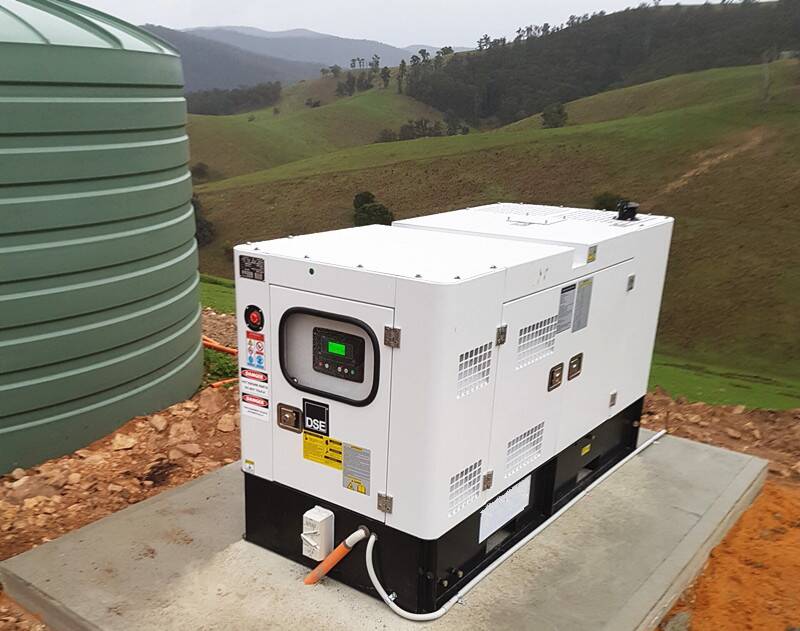
Understanding Generator Noise Ratings
Noise is measured in decibels (dB). Most people can tolerate up to 60 dB in residential areas.
| Generator Type | Average dB (7m) |
|---|---|
| Open Frame Diesel | 85–100 dB |
| Silent Enclosed | 60–75 dB |
| Super Silent Units | 50–60 dB |
Hospitals, schools, and offices need quieter models. At Walt Power, we design and supply soundproof diesel generators tailored for such environments.
If you plan to use the generator at night or indoors, pick a model that’s fully enclosed. It will protect both your peace and your reputation.
What Safety Features Should You Always Look For?
Generators can be dangerous if built poorly. Fires, electric shock, or even carbon monoxide poisoning are real risks.
Essential generator safety features include circuit breakers, emergency stop, automatic shutdown systems, and proper ventilation design.
Built-In Protection Saves Lives
A good generator doesn’t just deliver power—it protects lives and equipment.
Look for these must-have safety elements:
- Circuit Breakers: Prevent overloads and protect your system
- Emergency Stop Button: Immediate shutdown in a crisis
- Low Oil Shutdown: Stops the engine when oil is too low
- Auto Shutdown for Overheating: Prevents fire risk
- Weatherproof Enclosure: Protects from rain and dust
- CO Detectors (for indoor use): Prevent carbon monoxide danger
Safety costs little upfront but saves thousands in repair or legal issues later.
How Often Will You Need To Maintain The Generator?
Buying a generator is only the beginning. If you ignore maintenance, it will fail when you need it most.
Generators need regular inspection, oil change, fuel system cleaning, and load testing to ensure performance. Diesel models generally need less frequent maintenance.
What A Maintenance Plan Looks Like
Each generator model has different schedules. But most require checks every 250 to 500 hours of operation. Key tasks include:
- Oil and Filter Change
- Air Filter Cleaning or Replacement
- Battery Inspection
- Coolant Level Checks
- Load Bank Testing (Quarterly or Bi-Annually)
Here’s a simple table to help:
| Task | Frequency |
|---|---|
| Oil & Filter Change | Every 250 hrs |
| Air Filter Replacement | Every 500 hrs |
| Battery Check | Monthly |
| Coolant Check | Monthly |
| Load Bank Test | Every 6 months |
In my experience, diesel generators from reputable suppliers—like what we build—need less maintenance than gasoline units. Still, never skip the basics.
Conclusion
Know your power needs, fuel type, noise limits, safety features, and maintenance. These five things help you choose the right generator confidently.
Buying And Technical Contact
You can contact us in many ways:
You can go to our website (URL: https://waltpower.com/contact/) and drop us a message.
You can email us:
Our Contact is: +8618717996108 (WhatsApp)

